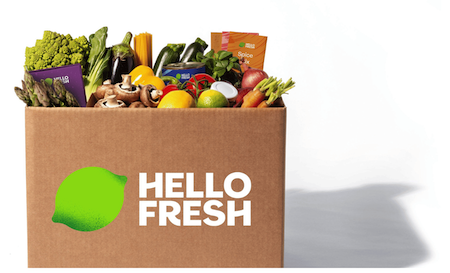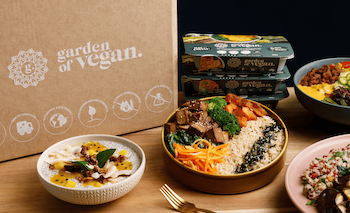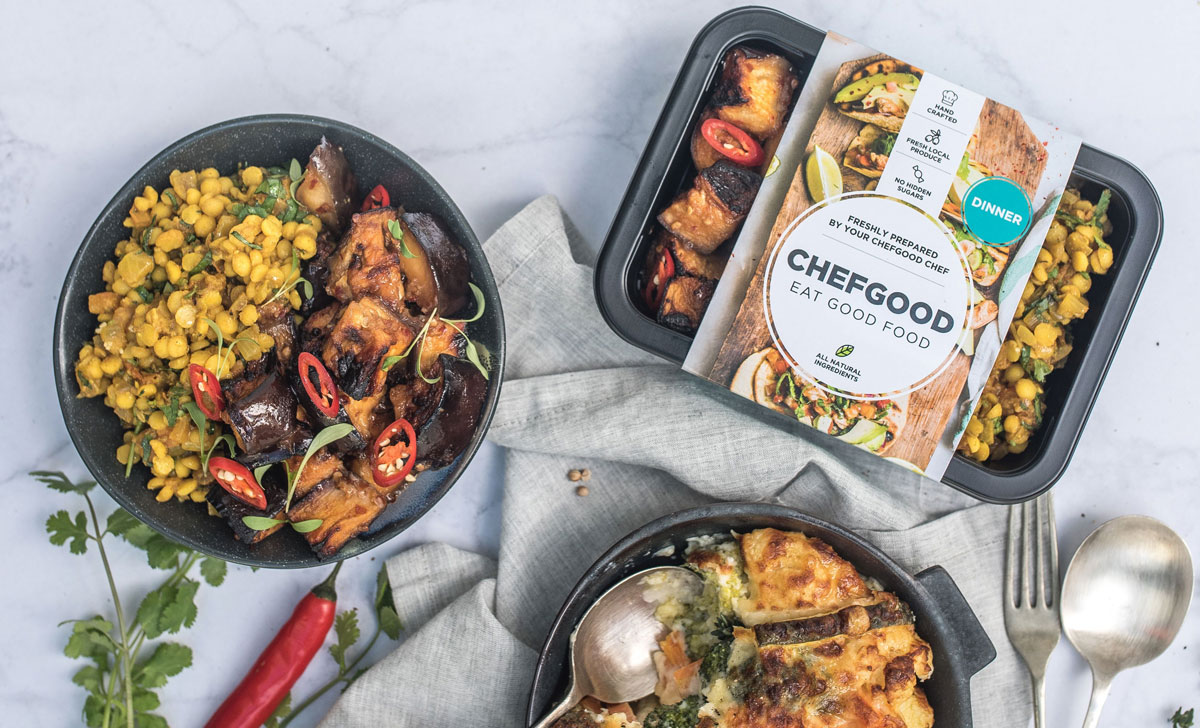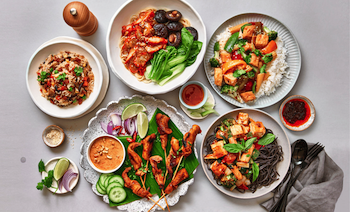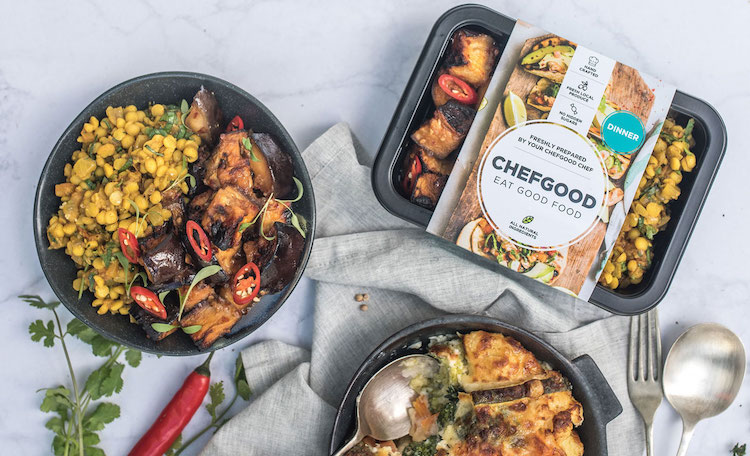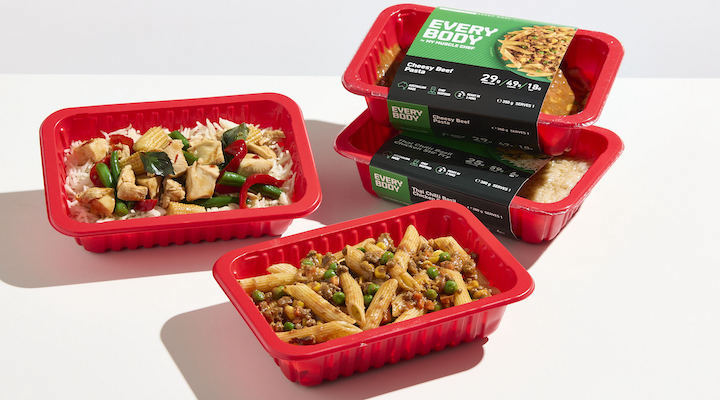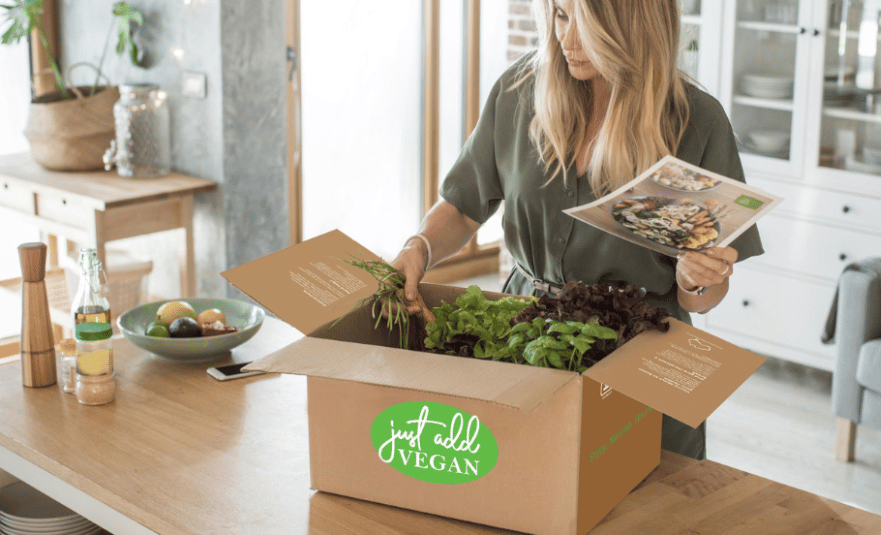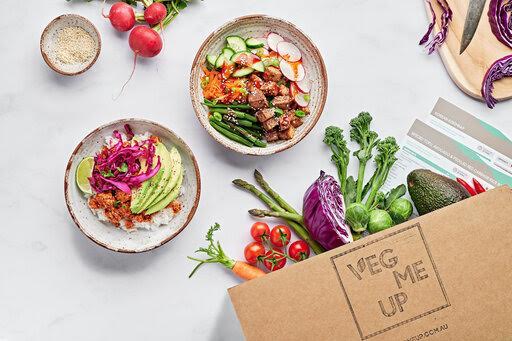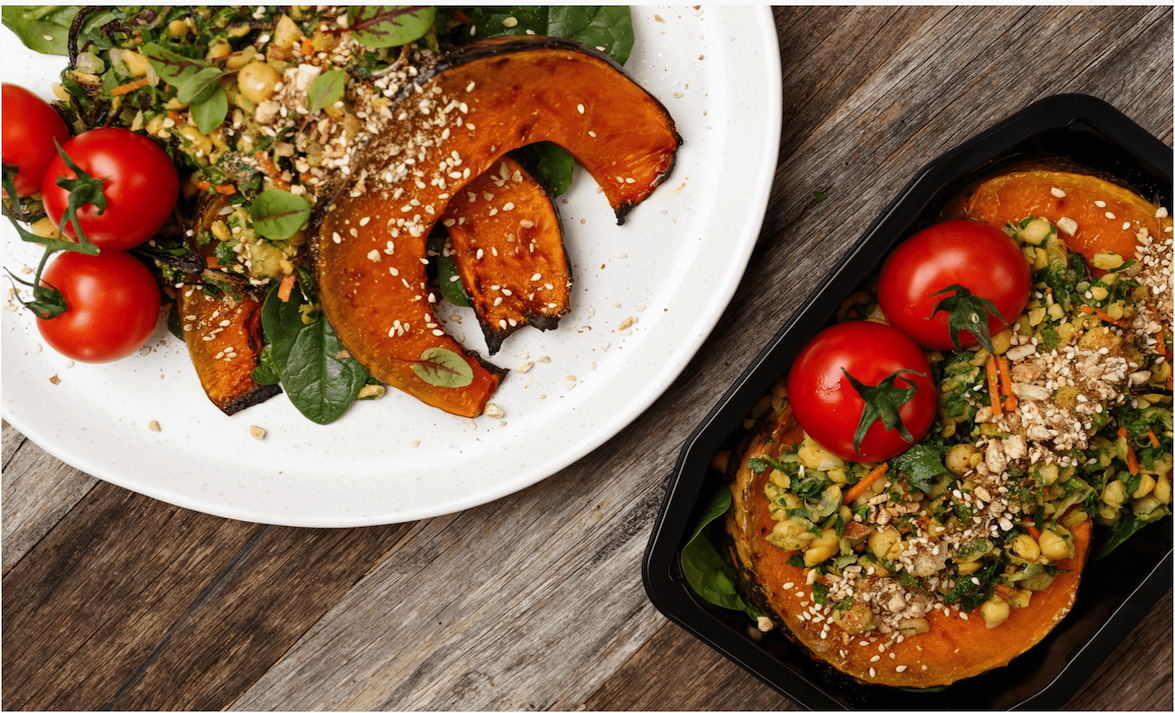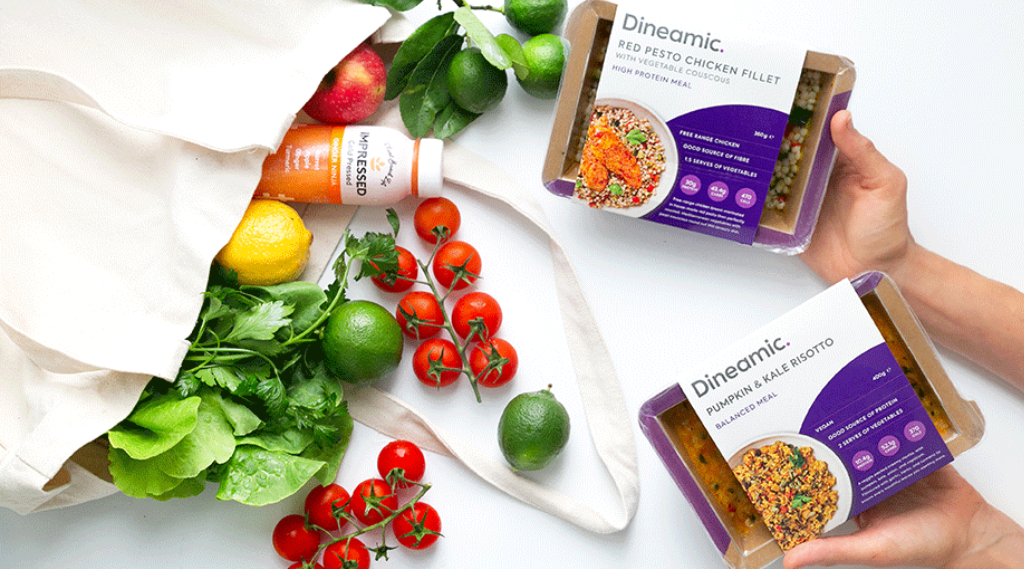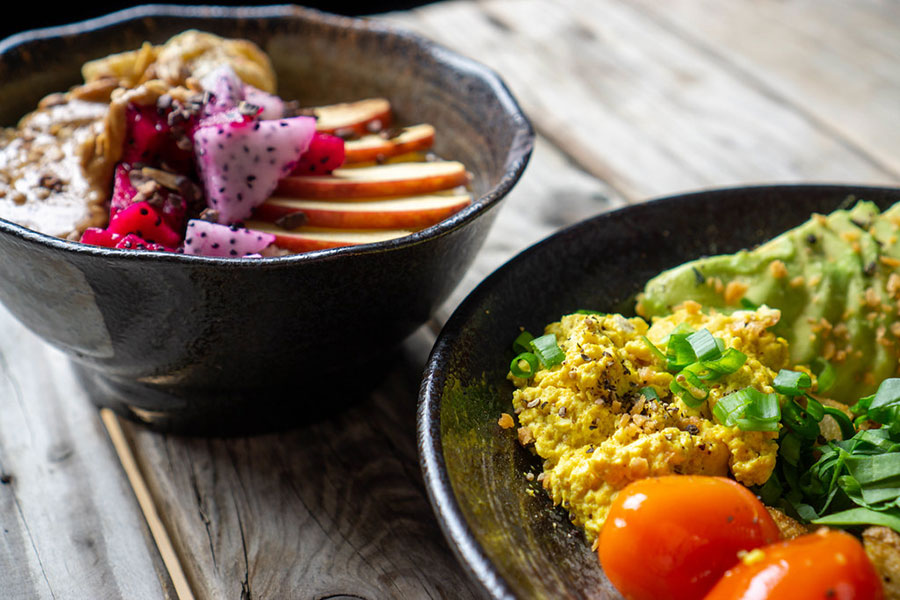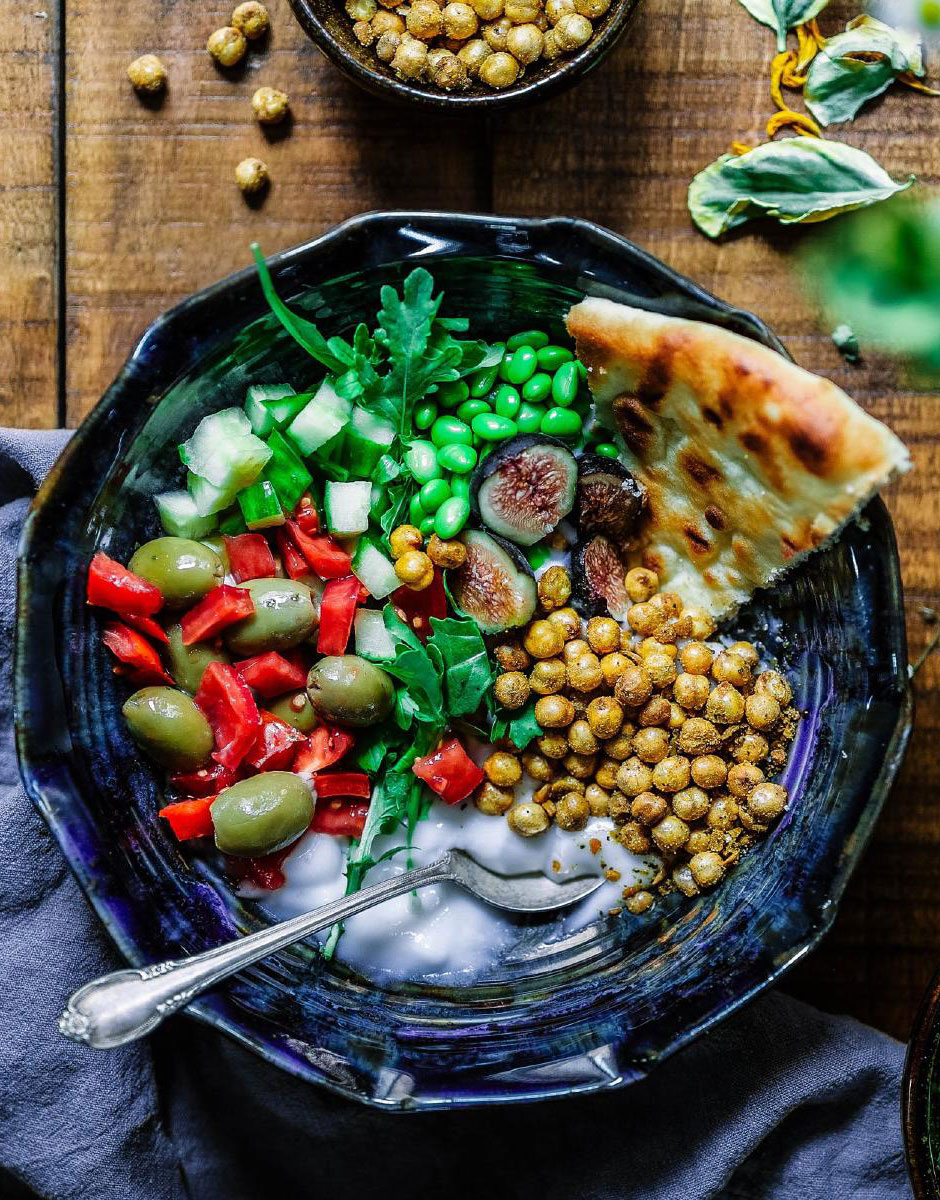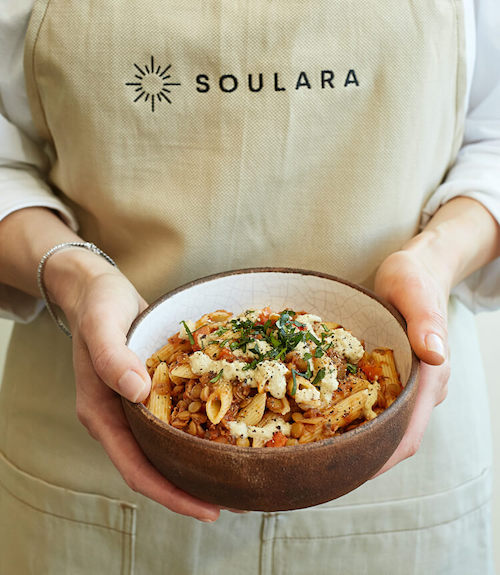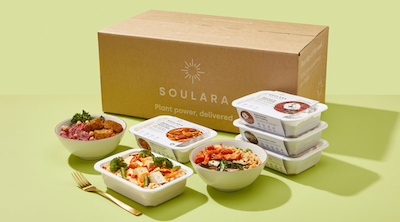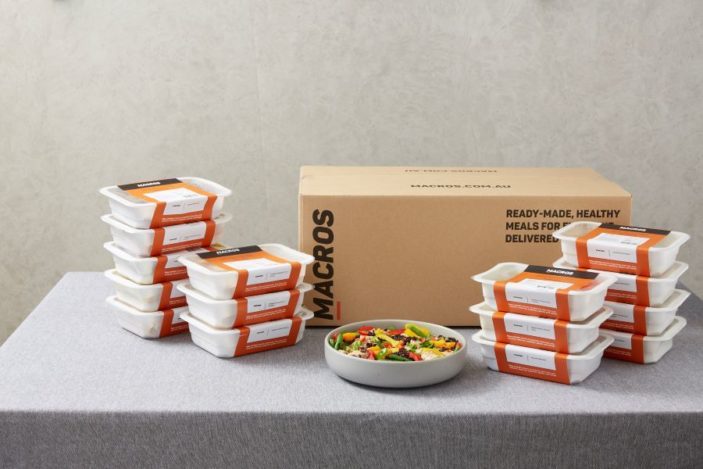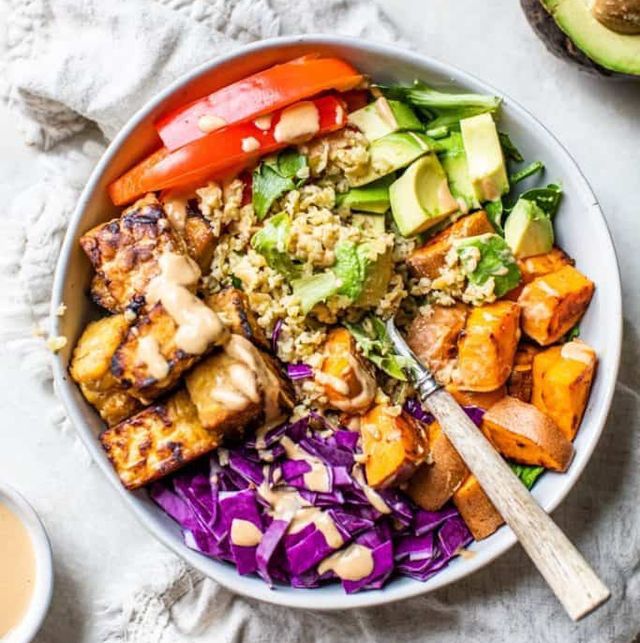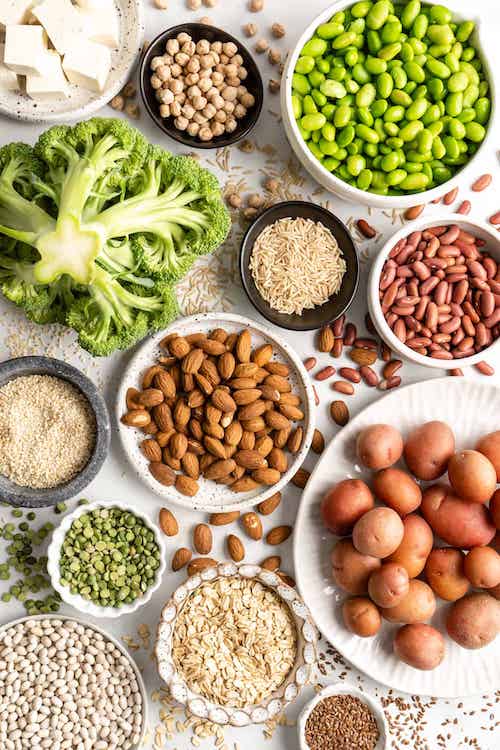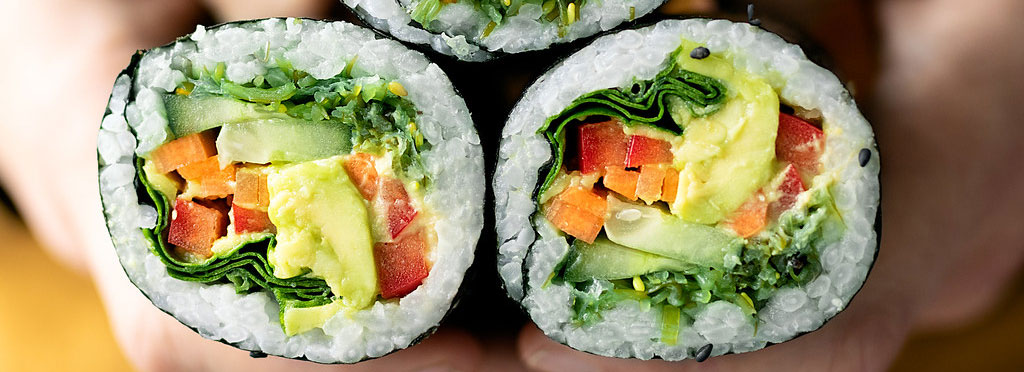- Meal Delivery
Shop by Category
TOP PROVIDERS
POPULAR SEARCHES
Meal Finder Tool

Use our meal finder quiz to find the best meal delivery service for you.
- Vitamin & Supplements
- Deals
- About
- Blog
Plant-based Meals
Plant-based Meals
Whether you’re looking to adopt a plant-based diet, or simply looking to include more plant-foods in your weekly meals, our team of Nutritionist’s have compared Australia’s best plant-based meal delivery services so you don’t have to! Discover the right fit for you based on taste, price and convenience.
Featured Product
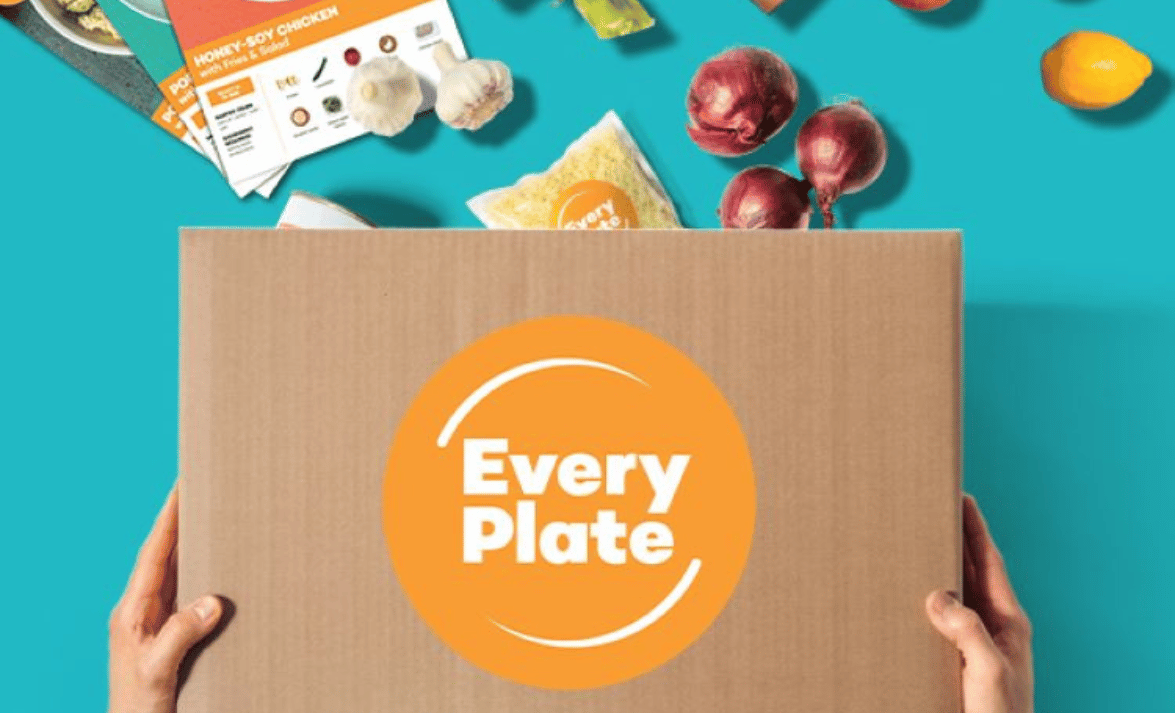
Featured Product
Cook smarter with EveryPlate. Get everything you need for tasty meals from $2.19/ plate!
Compare Plant-based Meals
Advertiser Discolure Advertiser DiscolureGet up to $200 off first 6 boxes! Get Deal
At least 5 recipes each week tagged Vegetarian, some of which are Vegan meals free of any animal products.
NSW, VIC, ACT, QLD, NT, SA, WA
$10.50/serve
$200 OFF Your First 8 Orders Get Deal
Soulara is a 100% vegan, plant-based meal delivery service with all meals, drinks and snacks free of any animal products.
NSW, VIC, ACT, QLD, NT, SA, TAS
$10.90/serve
$20 OFF when you spend $100 Get Deal
100% fully vegan meals that are certified organic, whole-food, gluten-free and oil-free. Shop a rotating menu using fresh and local ingredients.
NSW, VIC, ACT, QLD, SA, TAS
$12.95/serve
30% off your first order and 20% off your next order! Get Deal
Chef Good’s Vegetarian meal plan is based on the Everyday Wellness meal plan and includes a variety of plant-based meals …
NSW, VIC, ACT, QLD, SA
$10.80/serve
15% off your order! Get Deal
All dishes are 100% vegan and crafted with fresh and authentic ingredients and use plant-based proteins.
NSW, VIC, ACT, QLD, SA
$11.95/serve
Meals from $2.19 per plate! Get Deal
EveryPlate delivers simple and tasty vegetarian meal kits to your door to help you save time and money, from only $2.19 per …
NSW, VIC, ACT, QLD, SA
$4.44/serve
30% off your first order and 20% off your next order! Get Deal
Choose between 5 and 20 meals each week on the Chefgood Vegan meal plan.
NSW, VIC, ACT, QLD, SA
$11.20/serve
Save up to $120 on your first 6 orders! Get Deal
The Vegan Booster Pack is a fixed set of 14 protein-rich, plant-based meals that are 100% vegan and ready to eat.
NSW, VIC, ACT, QLD, SA, WA
$10.35/serve
25% OFF your first order! Get Deal
Just Add Vegan has now reopened and updated their meal offering as of May 2024! Just Add Vegan is a …
NSW, ACT
$14.00/serve
100% vegan, chef-designed meals with a repertoire of over 100 recipes to choose from.
NSW, VIC
$13.00/serve
Save $150 Across 5 orders! Get Deal
MACROS Plant-Based Plan includes single-serve, 100% plant-based meals for an individual looking to follow a balanced plant-based diet. Meals feature …
NSW, VIC, ACT, QLD, SA
$10.95/serve
Vegan, plant-based meal range offering ready-made meals with dietitian-designed menus.
NSW
$11.00/serve
$40 off across your first two boxes Get Deal
Dineamic is a carbon neutral company that prioritizes sourcing foods locally, and offers pre-made meals that you can pick and …
NSW, VIC, QLD, SA, WA, TAS
$11.50/serve
Iku is 100% vegan and specialises in pre-made macrobiotic plant-based meals full of nutrients and flavour. You can pick and …
NSW, VIC, ACT, QLD
$11.95/serve


